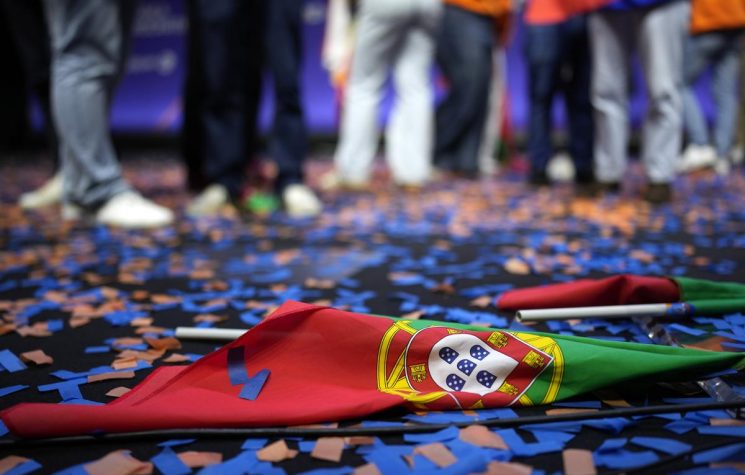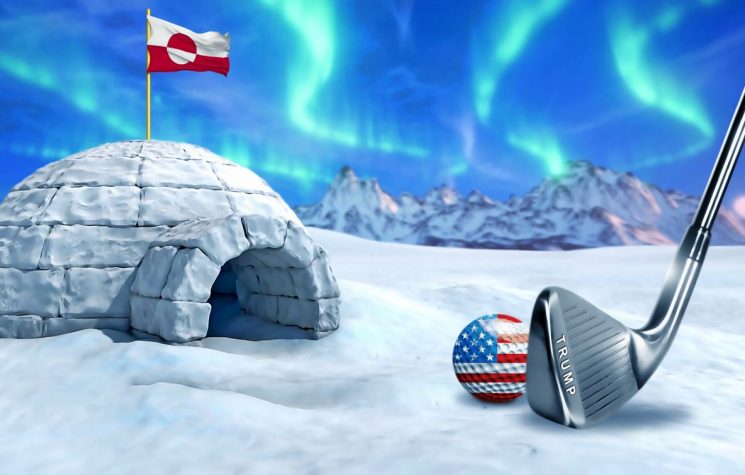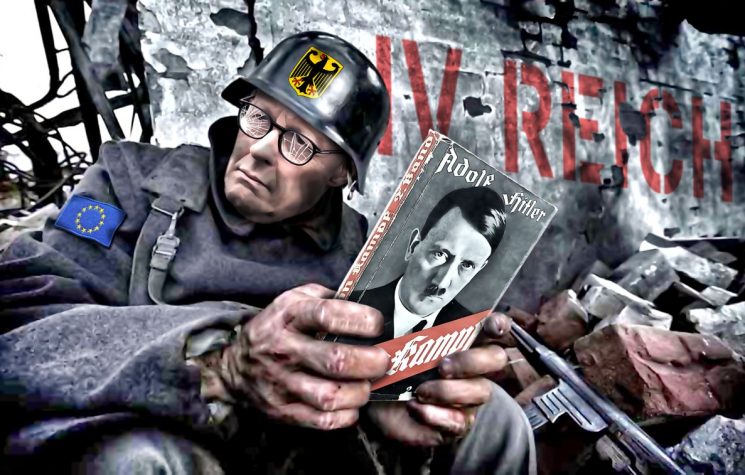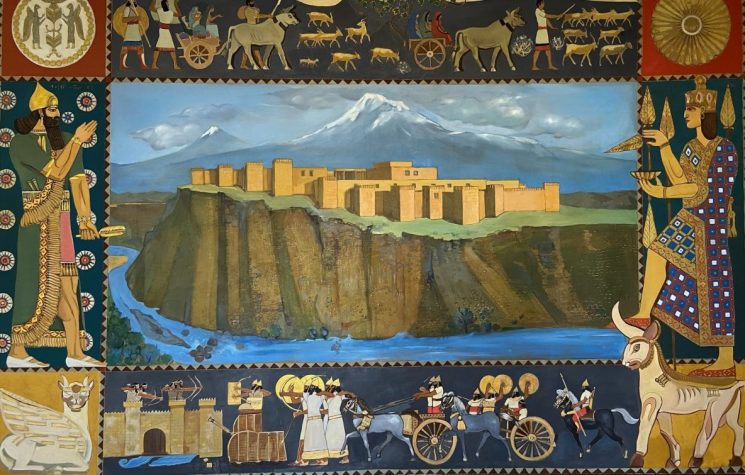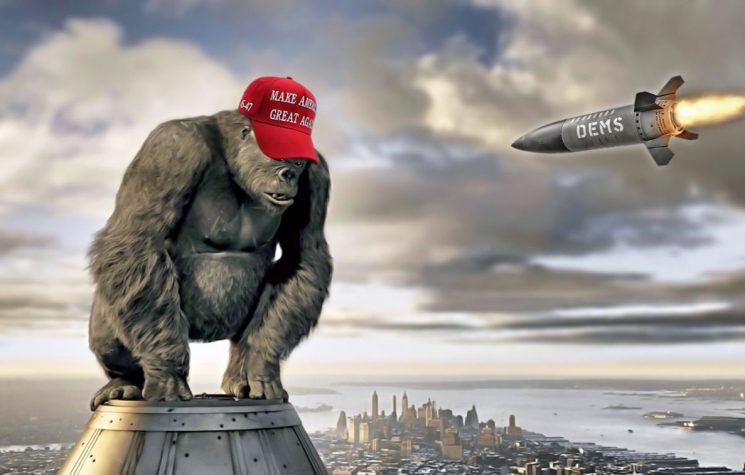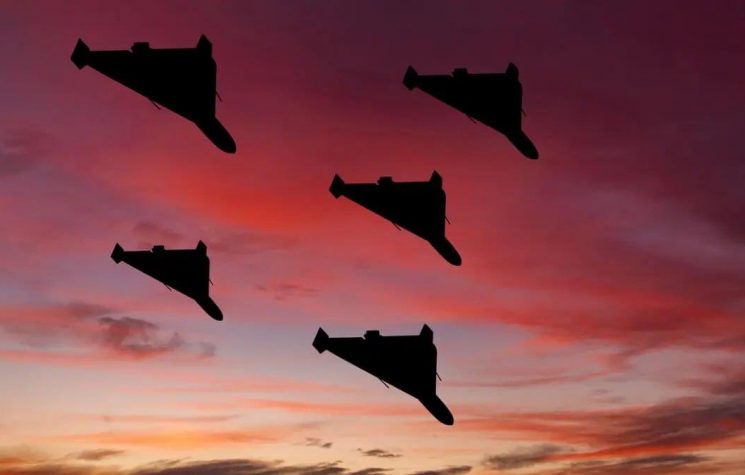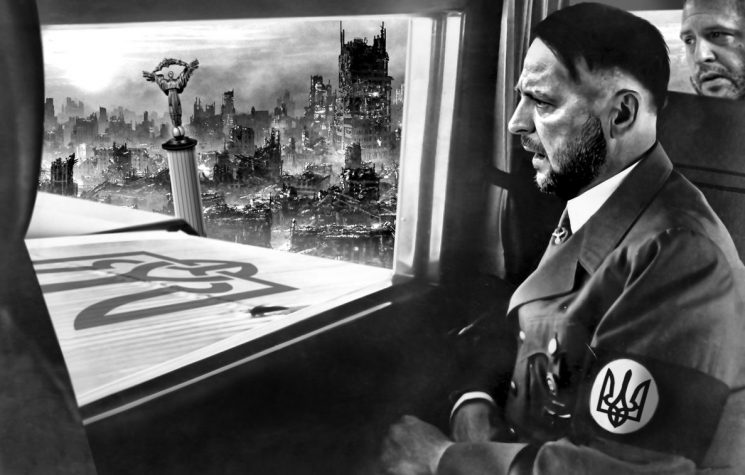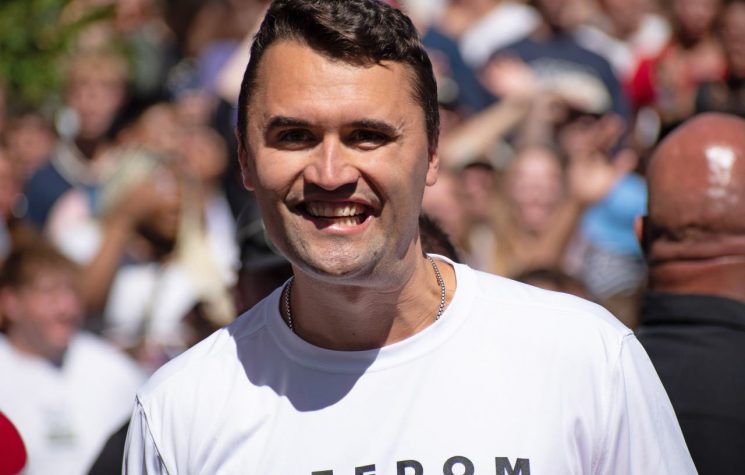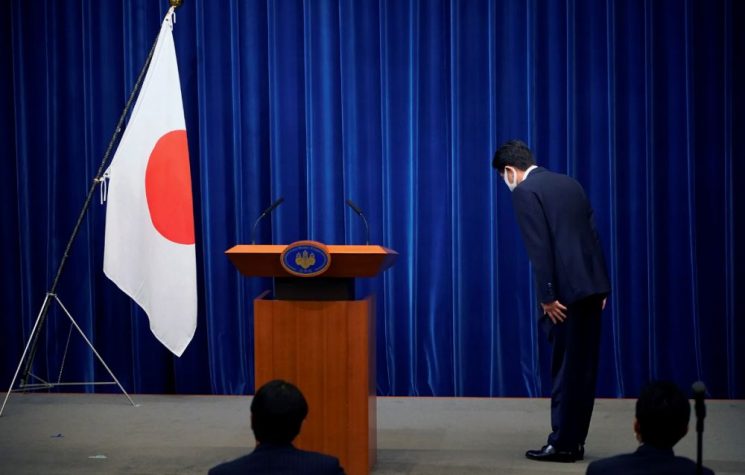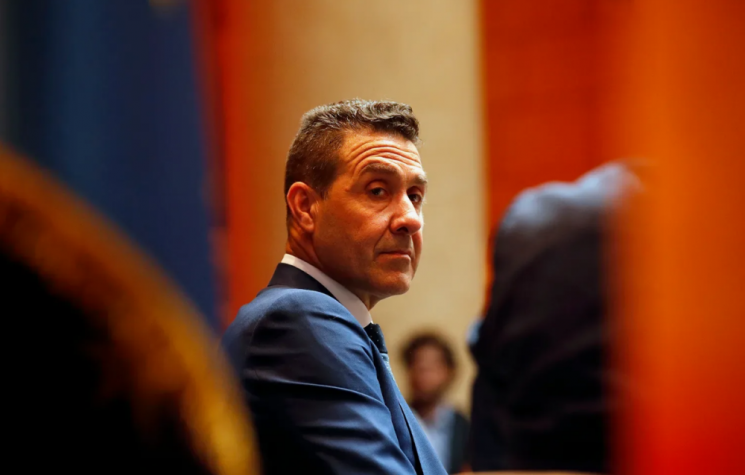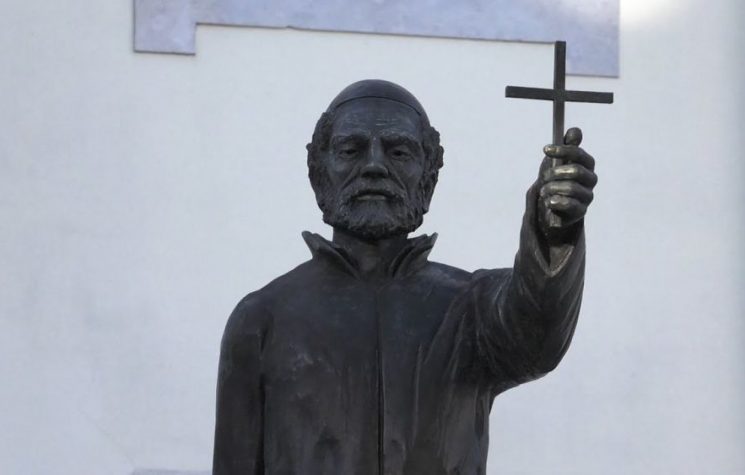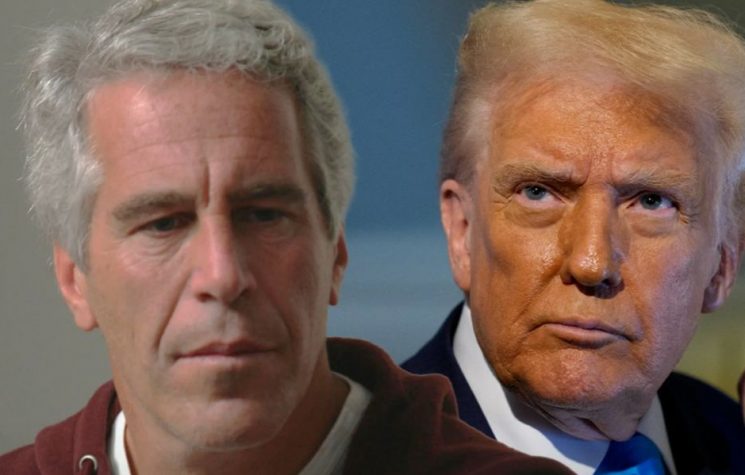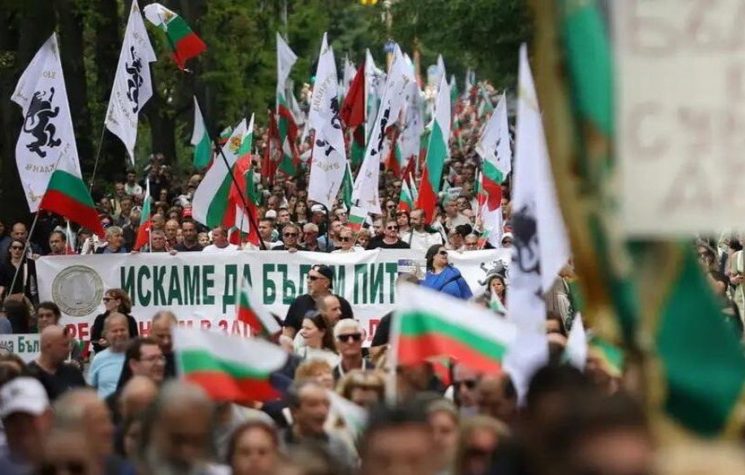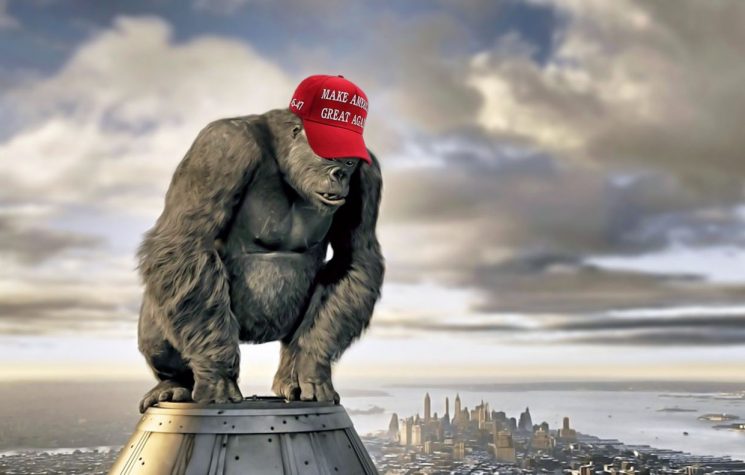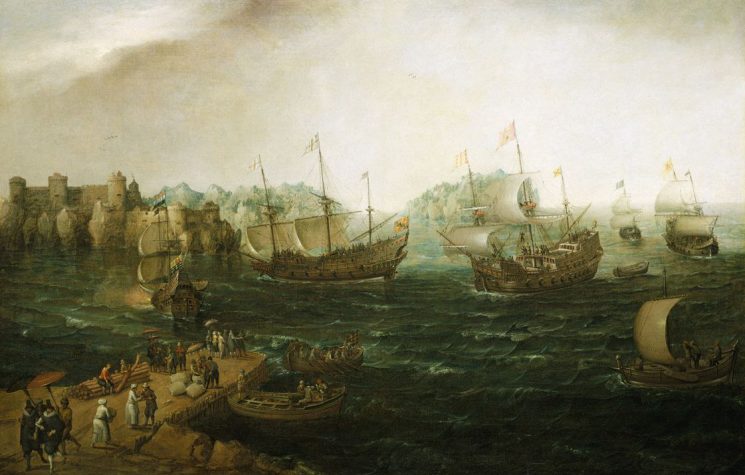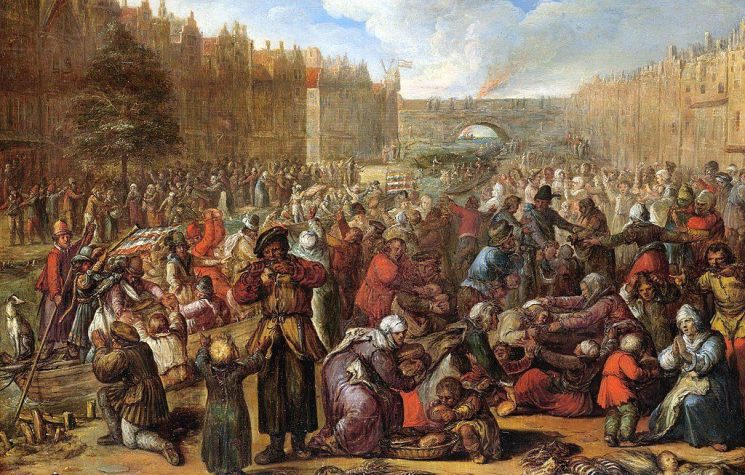Europe’s current political competition has become a theater of opposites that also sustain one another.
Join us on Telegram![]() , Twitter
, Twitter![]() , and VK
, and VK![]() .
.
Contact us: info@strategic-culture.su
In the Netherlands, the elections held on October 29–30 crowned the social-liberal party Democraten 66 (D66) and its leader Rob Jetten as the stars of the race.
According to the results, D66 won the most votes and seats, earning the right to lead coalition talks and form the next government.
The far-right Party for Freedom (Partij voor de Vrijheid, PVV) led by Geert Wilders fell short of its 2023 performance. Other traditional political actors in Dutch politics — VVD (liberal-conservative), GL/PvdA (green/social-democratic bloc), CDA (Christian democrats), and several new smaller parties — also secured seats in parliament. The result is a “highly fragmented” political landscape, more so than in previous years.
Although the so-called “democrats” emerged victorious from the election, a long period of political instability likely awaits the Netherlands. D66 is far from holding a majority on its own and will therefore have to form a broad coalition with at least three other parties. Meanwhile, a partnership with the PVV — the election’s “outsider” — is not expected, yet the party continues to occupy a significant space in Dutch politics despite its decline.
In total, with more than 25 parties represented, the Netherlands is entering a more complex and fractured political era. Coalition negotiations may take weeks, even months.
Young, green, gay: Jetten expected to become prime minister
Following the elections, public attention in the Netherlands has shifted toward coalition bargaining — while the media is busy discussing the new rising star: Rob Jetten.
Jetten has been widely praised in various media outlets and across social media. His campaign echoed the famous U.S. Democratic slogan “Yes we can.” Born in 1987, Jetten is a young, dynamic, and EU-oriented politician, known for his strong stance on climate action and European integration — and also for being openly gay.
Having entered politics at an early age, Jetten rapidly climbed the party ranks, becoming D66’s youngest-ever parliamentary group leader at the age of 31.
With his sexual identity, political stance, and “dynamic” image, Jetten serves as one of the showcase figures of so-called “European values.”
Founded in 1966 with the goal of “democratizing the system,” D66 is a social-liberal, center-left party. Like its counterparts in other European countries, it appeals primarily to pro-European, educated, urban, and higher-income voters.
Over the decades, D66 has taken part in multiple coalition governments and has consistently championed the rhetoric of the “rule of law” and “European integration.”
What do they stand for?
The political position of Jetten and his party cannot be separated from the broader “democrats vs. far-right” divide that has crystallized across Europe — a divide shaped less by ideology and more by present-day political realities.
Across Europe, we increasingly see that those who present themselves as “democrats” in opposition to the far right have adopted a more militant posture.
As elsewhere, the so-called “democratic front” in the Netherlands — positioned against the “populist threat” — is staunchly pro-NATO, market-friendly, and supportive of military expansion. Therefore, it’s important to emphasize: the bloc that triumphed over the “far right” is not leftist but firmly centrist and liberal.
The media’s portrayal of the “gay, democratic” Jetten — with his talk of “bright tomorrows” and “social justice” — conceals other, far more consequential signs of what his leadership will bring.
Earlier this year, Jetten was among the first to endorse NATO chief Mark Rutte’s call for greater defense spending, advocating for raising the Netherlands’ military expenditure to 3% of GDP.
According to Jetten and D66, this increase would amount to roughly €10 billion. The Netherlands currently spends about €20 billion annually on defense — meeting NATO’s 2% guideline — meaning Jetten’s proposal would push the figure to €30 billion.
The “democratic, socially conscious” Jetten and his party have openly stated that this spending hike would be financed through cuts to public services — including healthcare contributions and other unspecified state expenditures.
In short, Jetten and D66 represent a dual approach: they favor both deeper cooperation with NATO and a stronger independent European defense capacity. In plain terms, the so-called “freedom-loving liberals” of the Netherlands are now saying: “More weapons.”
It is therefore no stretch to predict that increasing defense spending will be a top priority under Jetten’s leadership. But this also means the Dutch people are likely to face tighter restrictions on healthcare and other public services — and, inevitably, growing economic hardship.
The “far-right threat” that these weapon-loving democrats constantly point to is, in reality, nourished by precisely these same economic difficulties.
Sugar-coated bullets
Far-right movements in Europe gained traction particularly after the 2008 financial crisis and were further fueled by the 2011 Arab Spring and subsequent waves of migration, the 2014 Maidan coup in Ukraine, Brexit, and the COVID-19 pandemic — all pivotal moments that intensified public demands for security, stability, and prosperity.
Yet, the leftist and socialist movements expected to channel these demands have been marginalized for decades — continuously suppressed since the Cold War era.
Meanwhile, neoliberal policies that became part of the political mainstream were marketed as “left-wing,” giving rise to a pseudo-left that merely reproduces the existing order.
In this environment, the popular yearning for security and stability found no genuine class-based alternative — leaving nationalist and far-right movements to fill the vacuum with an anti-system guise.
As a result, Europe’s current political competition has become a theater of opposites that also sustain one another. It’s the immutable law of capitalism: whenever the system jams, it simply opens another safety valve.
And this time, what has fallen to the Dutch people are sugar-coated bullets.














